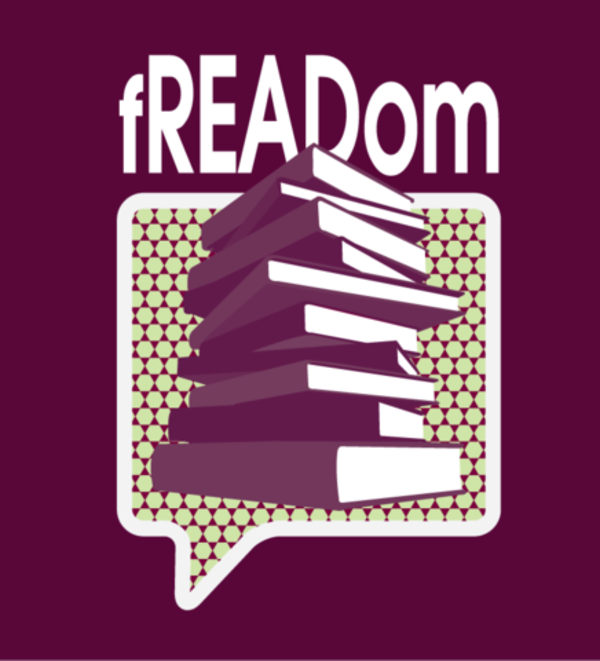In light of the recent news on terrorism, even books have been swept up in a storm of unease, bringing up discussions on the suitability and appropriateness of certain books.
For example, a 19-year-old charged with murdering a US tourist has news articles surfacing on his reading habits. An article from The Sun mentions reading books on violent jihadism that have been associated with violent acts.
However, the surging sense of fear not only creates a barrier to violent books, but it restricts other books and readers who don’t read for malicious purposes. Such is the case of a woman who was detained for suspicious activities; when in fact, her suspicious behavior was merely reading a book on Syria.
Below are some thoughts on why we should or should not ban a book:
To Ban: A Call For Order

Source: The Reader’s Edge
- Some books are against the interests of a majority of society. Its ideals are the opposite of what most people want or expect from the world.
- Similarly, some material are seen as too obscene for the public audience. Things such as sex, inappropriately encouraged racial themes and profanity are some of the many elements in stories that have been contained to a minimum in most books.
- Some books are too dangerous. There are reasons why having books on how to extort, fool or kill other people are not in the public market.
- Books with alluring titles or summaries that have nothing to do with what it actually portrays.
- For the sake of younger audiences, some books should be held out of reach from them until they are better suited to understanding it.
To Not Ban: A Call For fREADom
- How much banning is considered order? How much is oppressive? Some say banning books will allow the government too much control of what is allowed to be seen by the public.
- The nature of books lie in its potential to show ideas through an easy-to-access outlet for a greater audience. It is a freedom to express. Are we really diminishing and destroying the purpose of the book by limiting which books are worth selling to the public?
- Some books were originally written to comment on the negative aspects of society. Some books published are an anonymous way of speaking up about unpopular opinions. For example, Chaucer’s Canterbury Tales was a critique on the corruption of the medieval church.
- Should we really keep the younger audience protected from reality? Some say literary works as these should be best kept away from the youth, while others say they should have the option to explore it.
In Conclusion…
It’s really up to you, the reader. Books will not have an effect if you don’t read; they will only affect you if you open its pages. Are books really at fault? Are the authors at fault?

Source: Graphic Stock
There is no universal, definite conclusion on the banning and censorship of books. What do you think?
YouTube Channel: Open Road Media
Featured image via Pinterest




